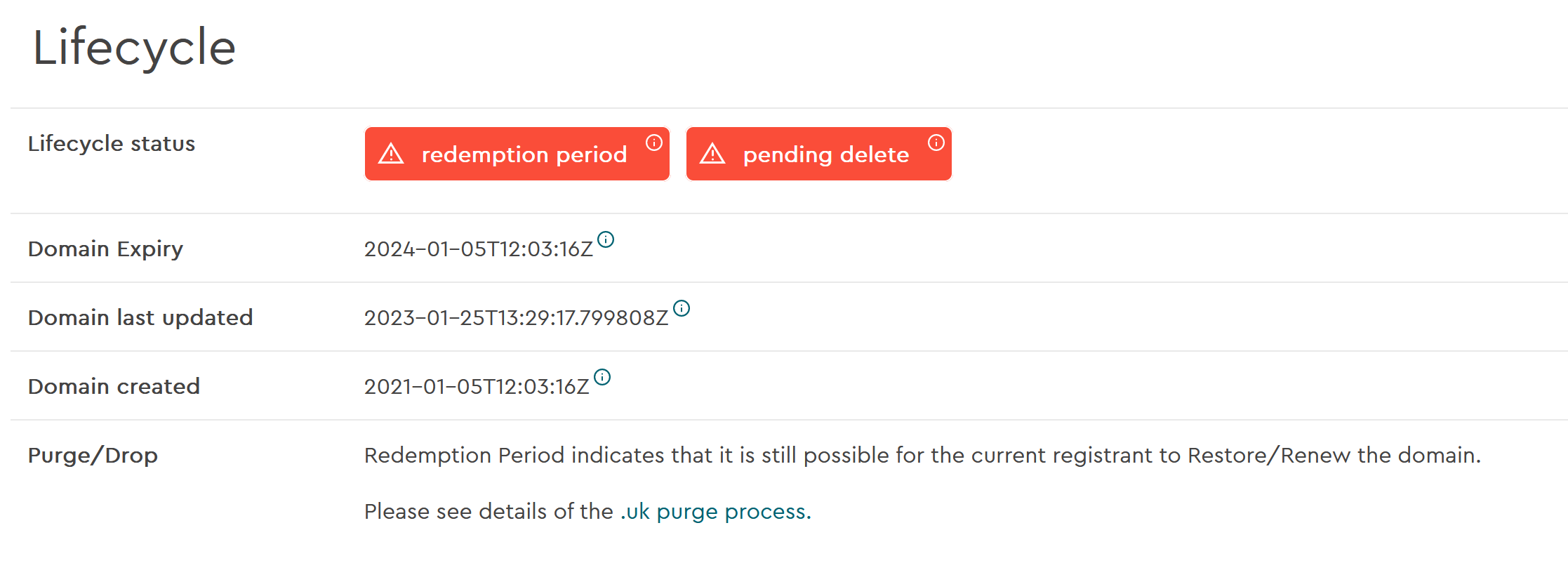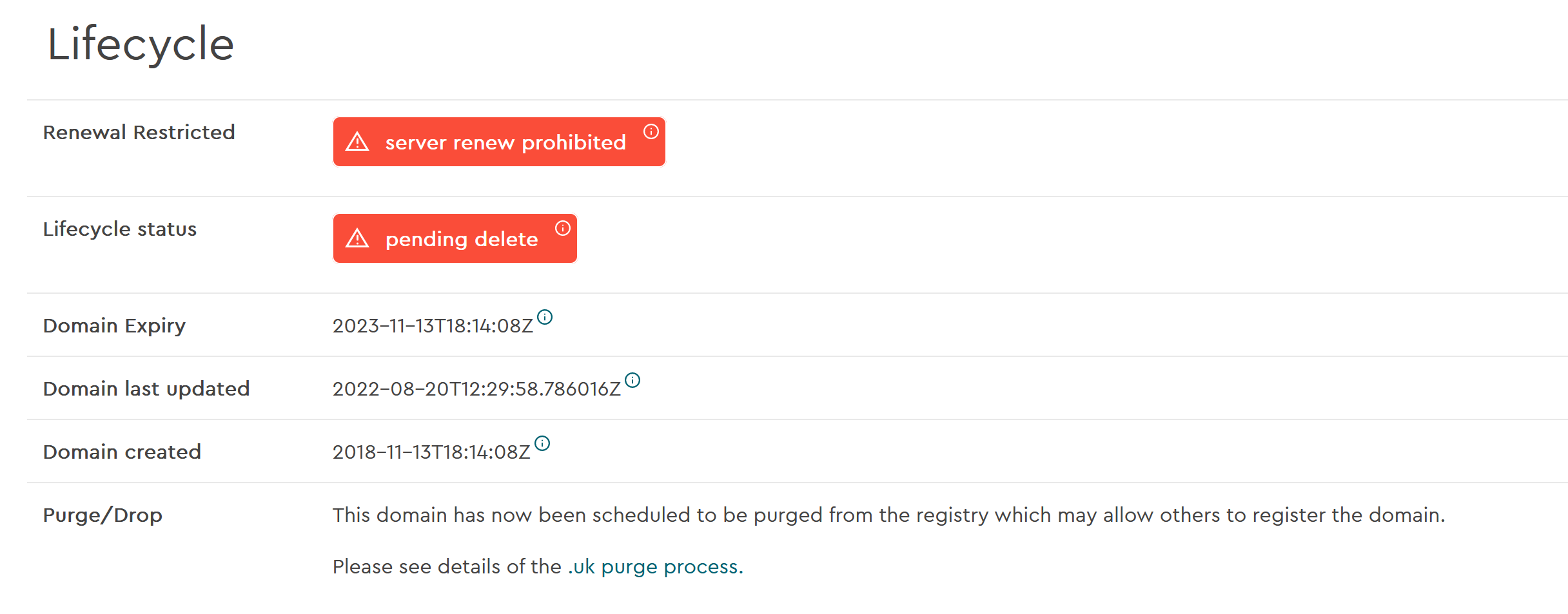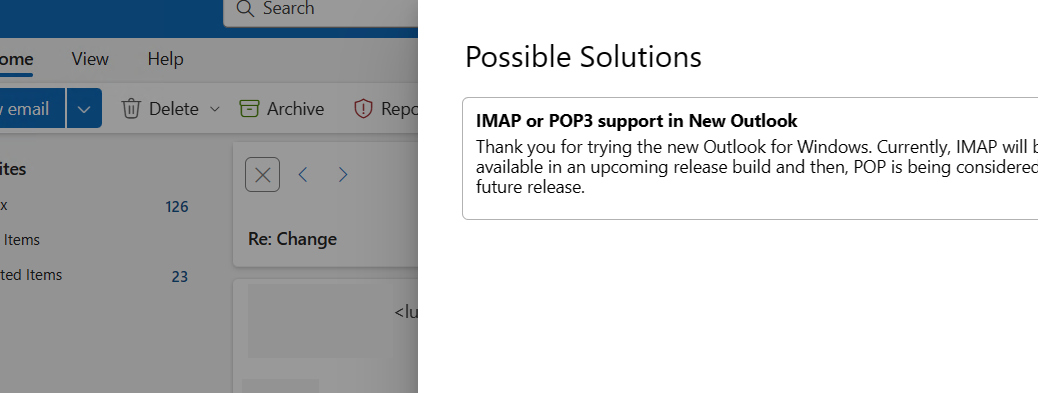In the rapidly evolving digital landscape, Artificial Intelligence (AI) has become a cornerstone of innovation, driving advancements across various sectors. One of the critical components in developing robust AI systems is training data, which is often sourced through web scraping. As we consider the practice of allowing AI to scrape customer websites for training data, it’s essential to weigh the benefits against the potential drawbacks.
The Case for AI Web Scraping
Web scraping is a technique used to extract large amounts of data from websites, which can then be utilized to train AI models. This process is pivotal for the development of generative AI models that require vast and varied datasets to learn and evolve. The benefits of web scraping for AI training are manifold:
- Data Abundance: AI models thrive on data. Web scraping provides access to a treasure trove of information that can significantly enhance the learning capabilities of AI systems.
- Real-time Updates: By automating data collection, AI can keep its training materials up-to-date, reflecting the latest trends and consumer behaviors.
- Efficiency: Scraping can streamline the data collection process, making it faster and more cost-effective compared to manual methods.
- Customization: AI can cherry-pick data from trusted sources, ensuring the relevance and quality of the training material.
The Flip Side: Ethical and Legal Considerations
While the advantages are clear, the practice of web scraping for AI training is not without its controversies. The ethical and legal implications of web scraping must be carefully considered:
- Privacy Concerns: The automated collection of data can inadvertently include personal information, raising significant privacy issues.
- Legal Ambiguity: The legality of web scraping varies by jurisdiction and often hinges on the terms of service of the websites being scraped. In the UK, for instance, the legality of web scraping depends on how the data is used and whether it violates any laws or terms of service.
- Intellectual Property: There is a risk of infringing on intellectual property rights when scraping content that is not explicitly in the public domain.
- User Consent: Ethical web scraping practices demand transparency and user consent, ensuring that individuals are aware of and agree to the use of their data.
Enhancing Visibility and Genuine Traffic Through AI Scraping
Web scraping can have both positive and negative impacts on website traffic. On one hand, if the data collected through scraping is used by legitimate services like search engines or AI chatbots, it could potentially increase visibility and drive genuine human traffic to the website. These services could index the content, making it more likely to appear in search results or recommendations, which in turn could lead to increased visits by real users.
However, it’s important to note that not all web scraping is beneficial. Malicious scraping can lead to issues such as content duplication, which might harm a website’s search engine rankings. Additionally, excessive scraping activities can slow down a website’s performance, negatively affect user experience, and distort analytics data, such as bounce rate and page views. This could potentially reduce the chances of genuine human traffic, as users may become frustrated with slow loading times and leave the site.
Moreover, bots that scrape content account for a significant portion of website traffic in some industries, which can overload infrastructure, skew analytics data, and diminish the value of marketing and SEO investments.
In conclusion, while web scraping has the potential to improve a website’s visibility and attract genuine human traffic, it must be managed carefully to prevent negative consequences. It’s crucial for website owners to implement measures to distinguish between ‘good’ and ‘bad’ scrapers and to protect their sites from malicious activities.
Striking a Balance
To navigate the complexities of AI web scraping, a balanced approach is necessary. Here are some considerations for 2020media.com and its customers:
- Transparency: Clearly communicate the purpose and scope of data collection to users, providing them with the option to opt-out if desired.
- Compliance: Adhere to legal standards and best practices, respecting copyright laws, terms of service, and privacy regulations.
- Security: Implement robust security measures to protect the scraped data from unauthorized access or breaches.
- Ethical Framework: Develop an ethical framework that guides the scraping process, ensuring fairness and respect for user rights.
The decision to allow AI to scrape customer websites for training data is not one to be taken lightly. While it presents an opportunity to enhance AI capabilities, it also poses ethical and legal challenges that must be addressed. By adopting a balanced and responsible approach and giving customers the choice, 2020media.com can harness the power of web scraping while upholding the trust of its customers and complying with regulatory standards.
2020Media offers customers the choice to block or allow bots from scraping your content for AI applications like model training. Please get in touch to find out more.









